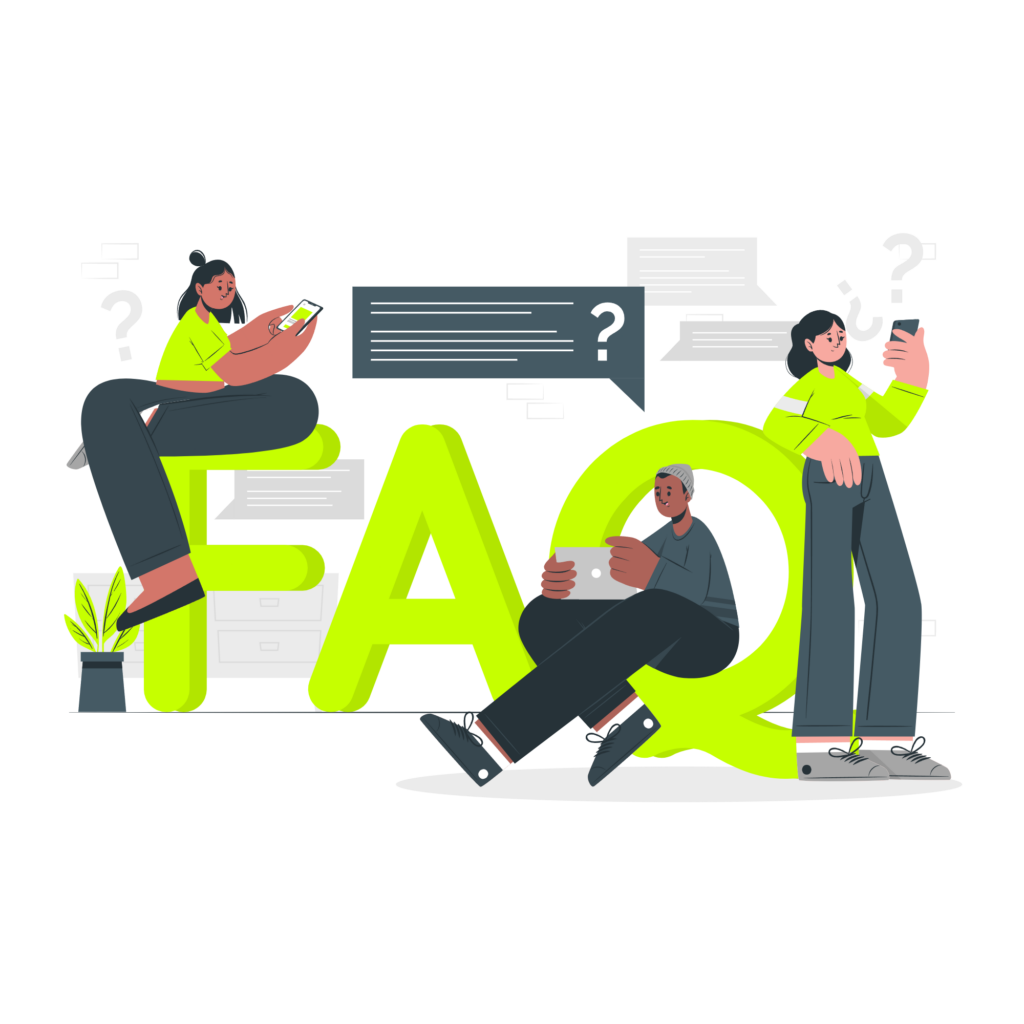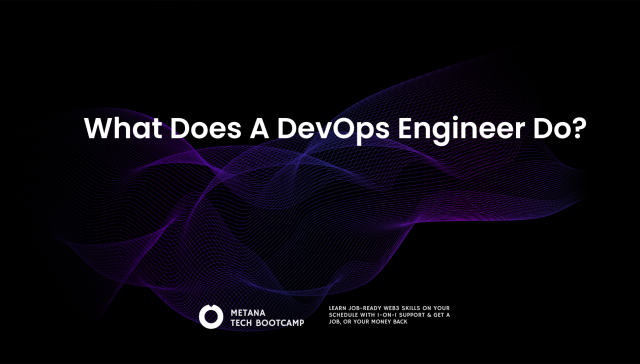Are you looking to dive into blockchain development but not sure which programming language to start with? Look no further! In this article, we’ll explore the best programming language for blockchain development that will help you build secure and efficient applications on the blockchain. With so many options out there, it can be overwhelming to choose the right one. But fear not, we’ve done the research and compiled a list of the top programming languages that will help you get started on your blockchain journey. So, let’s get started and find out which programming language is the best fit for your blockchain needs!
Factors to Consider When Choosing a Programming Language
Security and Smart Contracts:
Blockchain applications are often used to store sensitive data, such as financial information or medical records. It is therefore critical that the programming language used to develop these applications is secure. Some programming languages are better suited for writing secure smart contracts than others. For example, Solidity is a Turing-complete programming language that is specifically designed for writing smart contracts on Ethereum. It has a number of security features built-in, such as type checking and gas metering.
Performance and Scalability:
Blockchain applications need to be able to handle a large number of transactions. This is especially important for applications that are used in high-traffic industries, such as finance or gaming. Some programming languages are better suited for performance and scalability than others. For example, C++ is a powerful programming language that is known for its performance. It can be used to create high-performance blockchain applications.
Community and Ecosystem:
A strong and active developer community is important for any programming language. This is especially true for blockchain development, as there are a number of different blockchain platforms and programming languages to choose from. A large and active community can provide support, tutorials, and libraries that can make blockchain development easier.
Interoperability:
Interoperability is the ability for different blockchains to communicate with each other. This is important for applications that need to access data from multiple blockchains. Some programming languages are better suited for interoperability than others. For example, Solidity is interoperable with other Ethereum-based blockchains.
Ease of Development and Learning Curve:
The learning curve for different programming languages can vary greatly. Some languages are easier to learn than others. This is important for newcomers to blockchain development. There are a number of resources available to help people learn different programming languages. For example, there are many tutorials and online courses available for Solidity.
Programming Languages for Blockchain Development
Solidity:

A high-level programming language for writing smart contracts. It is specifically designed for the Ethereum blockchain.
- Pros:
- Designed specifically for the Ethereum blockchain.
- Well-supported by the Ethereum community.
- Easy to learn for developers with experience in other object-oriented programming languages.
- Cons:
- Not as memory-safe as some other languages.
- Can be difficult to learn for beginners.
- Not as well-suited for developing complex applications.
Rust:

A memory-safe, high-performance programming language. It is well-suited for writing secure smart contracts.
- Pros:
- Memory-safe, high-performance.
- Well-suited for writing secure smart contracts.
- Easy to learn for developers with experience in other low-level programming languages.
- Cons:
- Not as widely used as some other languages.
- Can be difficult to learn for beginners.
- Not as well-suited for developing complex applications.
Go:

A simple, easy-to-learn programming language. It is well-suited for writing efficient and scalable blockchain applications.
- Pros:
- Simple, easy-to-learn.
- Well-suited for writing efficient and scalable blockchain applications.
- Well-supported by the Go community.
- Cons:
- Not as well-supported as some other languages.
- Not as memory-safe as some other languages.
- Not as well-suited for developing complex applications.
Python:

A general-purpose programming language that is easy to learn and use. It is well-suited for a variety of blockchain development tasks, such as writing smart contracts, developing decentralized applications, and analyzing blockchain data.
- Pros:
- General-purpose language that is easy to learn and use.
- Well-suited for a variety of blockchain development tasks, such as writing smart contracts, developing decentralized applications, and analyzing blockchain data.
- Widely used language with a large community of developers.
- Cons:
- Not as efficient as some other languages.
- Not as memory-safe as some other languages.
- Not as well-suited for developing complex smart contracts.
JavaScript:

A widely used programming language that is well-suited for developing both client-side and server-side blockchain applications.
- Pros:
- Widely used language.
- Well-suited for developing both client-side and server-side blockchain applications.
- Easy to learn for developers with experience in other web development languages.
- Cons:
- Not as memory-safe as some other languages.
- Not as well-suited for developing complex smart contracts.
C++:

A powerful and efficient programming language that is well-suited for developing complex smart contracts.
- Pros:
- Powerful and efficient.
- Well-suited for developing complex smart contracts.
- Well-supported by the C++ community.
- Cons:
- Not as easy to learn as some other languages.
- Requires a deep understanding of computer science concepts.
- Not as well-suited for developing simple applications.
Java:

A popular programming language with a large community of developers. It is well-suited for developing blockchain applications that need to be platform-independent.
- Pros:
- Popular programming language with a large community of developers.
- Well-suited for developing blockchain applications that need to be platform-independent.
- Easy to learn for developers with experience in other object-oriented programming languages.
- Cons:
- Not as efficient as some other languages.
- Not as well-suited for developing complex smart contracts.
Perl:

A powerful programming language with a wide range of features. It is well-suited for text processing and data manipulation tasks in blockchain development.
- Pros:
- Powerful programming language with a wide range of features.
- Well-suited for text processing and data manipulation tasks in blockchain development.
- Well-supported by the Perl community.
- Cons:
- Not as widely used as some other languages.
- Can be difficult to learn for beginners.
- Not as well-suited for developing complex applications.
C#:

A versatile programming language that is well-suited for developing a variety of blockchain applications, from smart contracts to decentralized applications.
- Pros:
- Versatile programming language that is well-suited for developing a variety of blockchain applications, from smart contracts to decentralized applications.
- Well-supported by the C# community.
- Easy to learn for developers with experience in other object-oriented programming languages.
- Cons:
- Not as widely used as some other languages.
- Not as memory-safe as some other languages.
- Not as well-suited for developing complex applications.
Vyper:

A newer programming language that is specifically designed for writing secure smart contracts. It is still under development, but it has a growing community of developers.
- Pros:
- Specifically designed for writing secure smart contracts.
- Still under development, but has a growing community of developers.
- Cons:
- Not as widely used as some other languages.
- Not as well-supported as some other languages.
As you can see, there are a number of different programming languages that can be used for blockchain development. The best language for your project will depend on the specific needs of your project. However, any of the languages listed above would be a good choice for blockchain development.
Trends and Future Prospects of Blockchain Languages
Blockchain languages are continually evolving to address scalability, interoperability, and security challenges. Future trends may involve more specialized languages for specific use cases and improved cross-language compatibility.
Overcoming Challenges in Blockchain Development
Blockchain development presents unique challenges, including scalability, consensus algorithms, and security vulnerabilities. Developers must stay informed and collaborate to overcome these obstacles.
Case Studies: Programming Language Selection in Real Projects
Here are some real-world examples of blockchain projects and the programming languages they chose:
Ethereum is the most popular blockchain platform, and it uses the Solidity programming language for writing smart contracts. Solidity is a high-level programming language that is specifically designed for the Ethereum blockchain. It is easy to learn for developers with experience in other object-oriented programming languages, and it is well-supported by the Ethereum community.
Hyperledger Fabric is a blockchain platform that is designed for enterprise use. It supports a variety of programming languages, including Java, Go, and Python. The choice of programming language for Hyperledger Fabric projects will depend on the specific needs of the project.
EOS is a blockchain platform that is designed for high performance and scalability. It uses the C++ programming language for writing smart contracts. C++ is a powerful and efficient programming language that is well-suited for developing complex smart contracts.
Tezos is a blockchain platform that is designed for self-amending smart contracts. It uses the Michelson programming language for writing smart contracts. Michelson is a stack-based programming language that is designed to be secure and efficient.
Conclusion : What is the Best Programming Language for Blockchain Development
There is no one “best” programming language for blockchain development.
The best language for a particular project will depend on a number of factors, such as the specific requirements of the project, the experience of the developers, and the available resources
By considering the factors outlined in this article, developers can choose the best programming language for their blockchain project

- What is the most commonly used programming language for blockchain development?
Solidity is the most commonly used programming language for blockchain development, specifically for creating smart contracts on the Ethereum platform.
- Can I use any programming language to develop blockchain applications?
While any programming language can be used to develop blockchain applications, certain languages like Solidity and Java are better suited for the task due to their specific features and functionalities.
- What is the best programming language for building smart contracts?
Solidity is considered to be the best programming language for building smart contracts due to its specific features and functionalities designed for this purpose.
- Can I use Python for blockchain development?
Yes, Python is a popular programming language for blockchain development due to its ease of use and versatility.
- What are some other programming languages commonly used for blockchain development?
Other programming languages commonly used for blockchain development include Java, C++, JavaScript, Rust, and Go.
- Is it necessary to learn a new programming language for blockchain development?
While it is not necessary to learn a new programming language for blockchain development, it is recommended to learn a language that is well-suited for the specific task at hand, such as Solidity for building smart contracts.
- Can I use C# for blockchain development?
Yes, C# can be used for blockchain development, particularly for building programs on the .NET framework.
- What factors should I consider when choosing a programming language for my blockchain project?
Factors to consider when choosing a programming language for your blockchain project include the specific requirements of the project, the features and functionalities needed, the programming language skills of the development team, and any relevant community support or resources.
- Are there any programming languages that are not suitable for blockchain development?
While any programming language can technically be used for blockchain development, some may not be well-suited for the specific requirements and functionalities needed in this field.
- How important is the choice of programming language in blockchain development?
The choice of programming language can be critical in blockchain development, as certain languages may be better suited for specific tasks and functionalities. Additionally, the choice of programming language can impact the scalability, security, and efficiency of the blockchain application.





